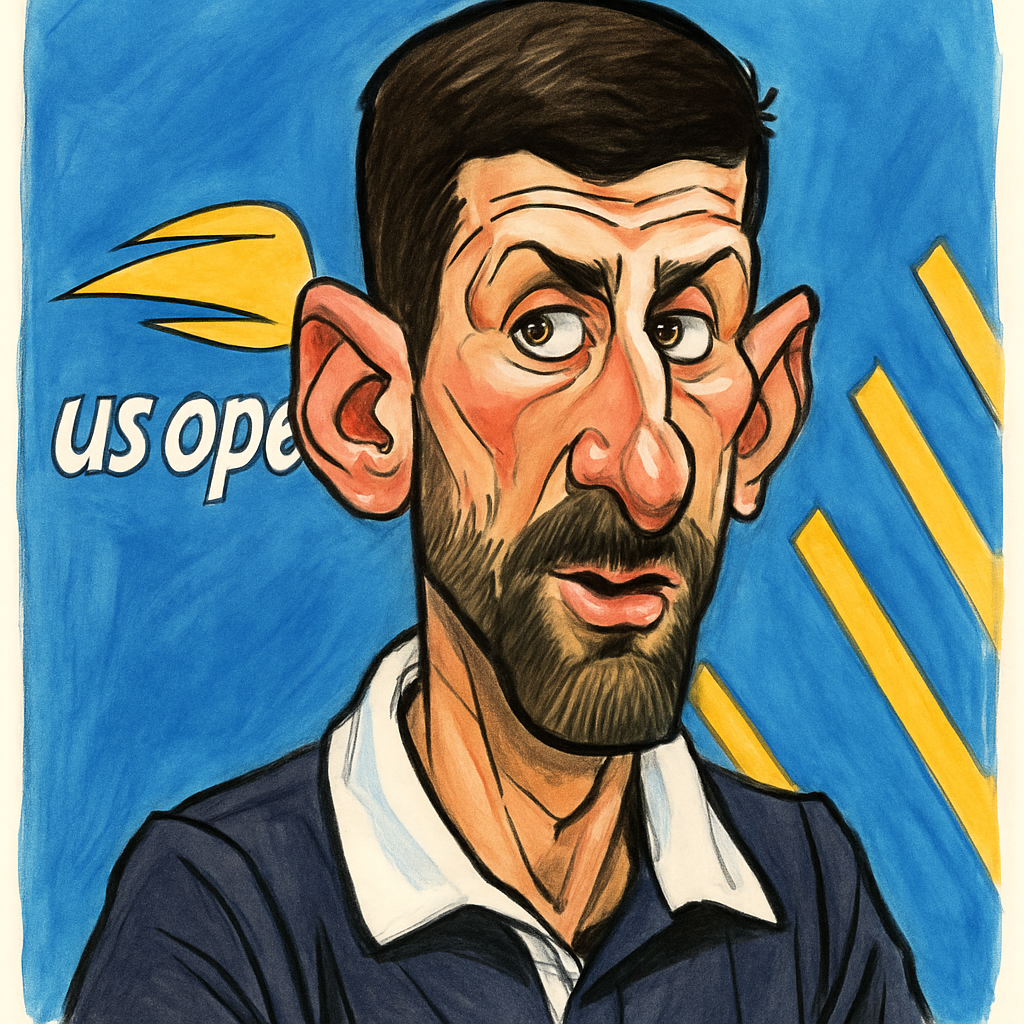LONDON — Novak Djokovic, one of the most decorated champions in tennis history, is using his platform to advocate for a significant financial overhaul of the sport’s most prestigious events. The world number one believes there is substantial "room for improvement" regarding the prize money available to players at the four Grand Slam tournaments.
Following his recent run at Wimbledon, Djokovic has been vocal about the need for the Australian Open, French Open, Wimbledon, and US Open to increase their revenue distribution to the athletes who are the main draw for millions of fans worldwide. His comments come amid a period of record-breaking financial success for the Slams, with each tournament boasting ever-increasing broadcast deals and sponsorship agreements.
The Economic Disparity in Tennis
The core of Djokovic's argument lies in the significant financial disparity between the Grand Slam organizations and the tours that operate the rest of the season—the ATP and WTA. While the Slams are independent entities, they are the most profitable stops on the calendar. For instance, the 2023 US Open reported a record $500 million in revenue, while Wimbledon’s surplus for the same year soared to over £50 million.
Djokovic, who serves as the president of the Professional Tennis Players Association (PTPA), which he co-founded, points out that despite this booming revenue, the percentage of prize money allocated to players has not kept pace. He stated, "The Grand Slams are the most successful tournaments in our sport... and I think they have a responsibility to compensate the players in a better way."
This issue is particularly acute for players who lose in the early rounds. While the winners’ checks are monumental—£2.7 million at this year's Wimbledon—a first-round loser at the same tournament took home £60,000. While this is a life-changing sum for many, it must fund a full year of travel, coaching, physiotherapy, and other expenses for players ranked outside the top 100.
A Look at the Numbers
Grand Slam prize money has indeed grown dramatically over the past two decades, a fact often highlighted by tournament organizers. However, critics like Djokovic argue this growth is not proportional to the events' exploding revenues. To understand the landscape, consider the 2024 prize money totals:
- Wimbledon: A record £50 million total prize fund, a 11.9% increase from 2023.
- US Open: A record $65 million purse, marking a 7.8% jump.
- Australian Open: A record AUD $86.5 million, up 13% from the previous year.
- French Open: €53.5 million, a 7.8% increase.
Djokovic acknowledges these increases but contends they are not enough. He emphasizes that players, especially those outside the elite, are shouldering the rising costs of professional tennis without a fair share of the profits they generate. "We have to be more united," he has urged fellow players, "and ask for what we think is rightfully ours."
The Broader Ecosystem
The debate extends beyond the Slams to the health of the entire tennis ecosystem. The ATP and WTA tours host hundreds of events worldwide, many of which operate on thin margins or at a loss. These tournaments are crucial for player development and providing year-round competition, but they cannot compete with the financial power of the majors.
Djokovic and the PTPA’s push is for a more equitable model where the wealth from the Slams could potentially trickle down to strengthen the lower-level tours and help lower-ranked players achieve greater financial stability. This, in turn, would create a more sustainable and competitive sport from top to bottom.
The Grand Slams have defended their position, pointing to their significant investments back into the sport, including facility upgrades, grassroots initiatives, and their own qualifying and junior tournaments. A Wimbledon spokesperson recently noted, "We are committed to offering a prize fund that is appropriate and fair for all players involved in the Championships."
Historical Context and Player Power
This is not the first time players have challenged the establishment for a larger piece of the pie. In the 1970s, the original "ATP Player Union" broke away from the International Lawn Tennis Federation to create the modern ATP Tour, a move pioneered by players like Jack Kramer and Arthur Ashe. The current movement, led by Djokovic and the PTPA, is seen by many as a new chapter in this ongoing struggle for player rights and revenue sharing.
Djokovic’s stature as a 24-time Grand Slam champion gives his words immense weight. Unlike many of his peers, his financial security allows him to speak freely on behalf of those who may feel they cannot. His advocacy highlights a tension that has always existed in individual sports: the balance between the success of the event and the welfare of the competitor.
The Path Forward
The question remains: what is the solution? Djokovic has not specified a target percentage but has called for a collective bargaining agreement similar to those in North American team sports like the NBA or NFL, where players receive a roughly 50/50 split of defined revenues. Implementing such a model in the fragmented world of tennis, with its separate governing bodies for majors, tours, and national associations, presents a monumental logistical challenge.
However, the mere discussion, pushed to the forefront by the sport's biggest star, is applying pressure. The Slams are unlikely to make drastic changes overnight, but the consistent advocacy from a figure of Djokovic's caliber ensures the conversation will continue. The hope for many players is that this will lead to incremental increases, particularly for early-round losers and qualifiers.
In conclusion, Novak Djokovic’s campaign for higher Grand Slam prize money is more than a request for a larger paycheck for the top stars; it is a call for a structural reevaluation of how tennis distributes its wealth. It underscores a fundamental belief that the players, as the primary entertainers, deserve a more significant and fair share of the revenue generated by the sport's flagship events. As he succinctly put it, "There is always room for improvement, and we have to fight for it."

